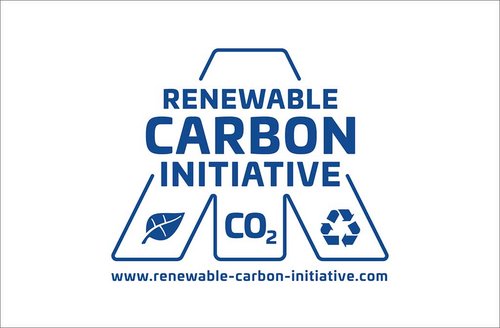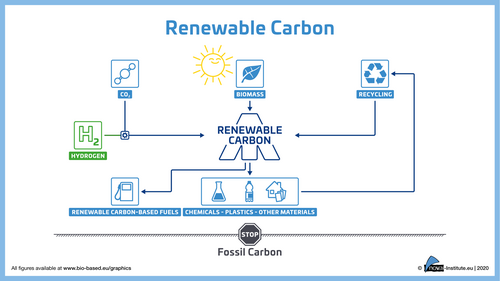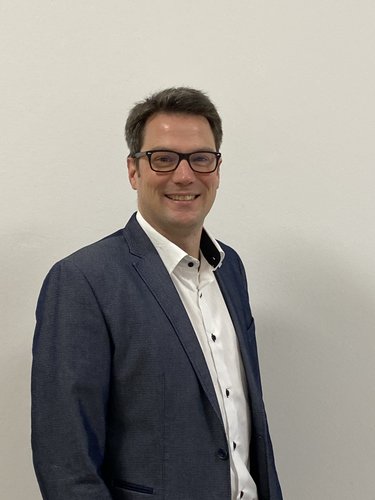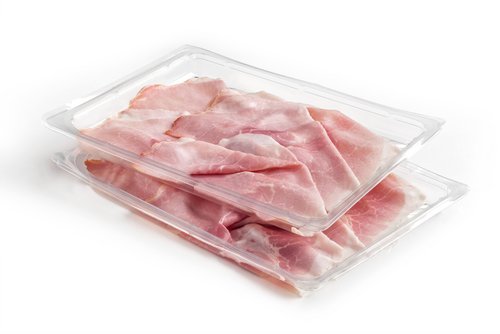 Contact
Contact
Do you have any questions,
need technical support or
would like to place an order?
Order form
 Contact
Contact
Do you have any questions,
need technical support or
would like to place an order?
26.04.2023
Kuraray is networking with many other companies in the Renewable Carbon Initiative to support the transition in organic chemistry products from fossil-based to sustainable carbon.

Hattersheim: April 25th, 2023. Kuraray Europe GmbH, which is based in Hattersheim, Germany, and is a subsidiary of the Japanese speciality chemicals company, has joined the Renewable Carbon Initiative (RCI) (https://renewable-carbon-initiative.com/). By 2050, RCI aims to completely substitute fossil carbon by renewable carbon, in other words, carbon from alternative sources such as biomass, direct use of CO2 and recycling. Kuraray sees its membership of RCI as a basis for building a broad, cross-sector network that is in the position to jointly create a sustainable circular economy for plastics. In 2021, Kuraray was among the founding members of the Process4Sustainability Cluster at Höchst Industrial Park, which is dedicated to making the processing industry climate-neutral.
Circular economy for plastics
Jörg Schappel, Director of Safety, Health and Sustainability at Kuraray Europe, on the company’s commitment to the Renewable Carbon Initiative: "In the energy supply sector, complete decarbonisation of industry is an important and meaningful goal. By contrast, carbon is a vital component of organic chemicals. Here, the goal must be to cease using fossil carbon for such products.” Key starting points include sustainable plastics made from biomass, systematically establishing and expanding plastic recycling streams, and using carbon dioxide from the atmosphere and emissions, for example from power plants, as a source of carbon. “Creating closed raw material cycles for plastics is one of the central objectives of the companies that are networked through the RCI,” explains Schappel. “Because no company can build such extensive and sustainable recycling streams on its own.”
Jointly promoting sustainability within the network
Kuraray’s involvement in networks such as the Renewable Carbon Initiative and the Process4Sustainability Cluster at Höchst Industrial Park is embedded in an overarching, Group-wide sustainability strategy. Kuraray aims to reduce its CO2 emissions by 30 percent by 2030 – compared with 2019 – and to be net-zero worldwide by 2050 at the latest. “In our view, networking is an essential element of a successful sustainability strategy,” stresses Jörg Schappel. “Many environmental and climate challenges can only be addressed successfully on a cross-sector basis. The collaboration of everyone involved is vital for innovation and to enable a genuine circular economy.”
Sustainable bio-circular EVAL™ from Antwerp
At other sites in Europe too, Kuraray has already taken the first steps towards realising its sustainability goals, in other words, achieving the transition to a circular economy and reducing the use of fossil-based raw materials. The EVAL Europe N.V. site in Antwerp, Belgium, has obtained ISCC PLUS certification, enabling the market introduction of EVOH from renewable resources. The EVAL™ brand positions Kuraray as a global leader in the production and development of EVOH barrier resins and films. In principle, the certificate applies to all EVOH variants produced by Kuraray in Antwerp. ISCC PLUS renewable resource certification supports the use of bio and circular raw materials and also accepts the mass balance approach. It documents the proportion of bio-based and circular raw materials in the production process.
About the Renewable Carbon Initiative
The Renewable Carbon Initiative (RCI), which is based in Hürth, Germany (https://renewable-carbon-initiative.com/) was initiated by nova-Institute after observing the struggles of the chemical and materials industry in the face of the enormous challenges meeting the climate goals set by the European Union and the sustainability expectations held by societies around the globe. It was clear that the industry has to go beyond using renewable energy. As decarbonisation is not an option for organic chemistry, which is entirely based on the use of carbon, an alternative strategy was needed. Therefore, nova-Institute developed the renewable carbon strategy and set up RCI to bring theory to life.
The aim of the Renewable Carbon Initiative (RCI) is to support and speed up the transition from fossil carbon to renewable carbon for all organic chemicals and materials. The founding members are Beiersdorf, Covestro, Henkel, LanzaTech, Lenzing, Neste, nova-Institute, Stahl, SHV Energy, Unilever, UPM and Cosun Beet Company.
RCI’s four working groups
RCI currently has more than 50 members from various sectors. The members work together in four working groups to drive forward the use of renewable carbon – by networking with one another and producing scientific background reports and position papers:
About Kuraray
Established in 1991, Kuraray Europe GmbH is based in Hattersheim, near Frankfurt am Main, Germany. In 2021 the company generated annual sales of EUR 1.1 billion. It has more than 820 employees in Germany at its sites in Hattersheim, Frankfurt and Troisdorf. Kuraray is a global speciality chemicals company and one of the largest suppliers of industrial polymers and synthetic microfibres for many sectors of industry. Examples are Kuraray Poval™, Mowital®, Trosifol® and Clearfil™. Kuraray Europe also has around 215 employees at six other European sites. They are also working on the development and application of innovative high-performance materials for a wide range of sectors, including the automotive, paper, glass and packaging industries, as well as for architects and dentists.
Kuraray Europe is a wholly owned subsidiary of the publicly listed Kuraray Group, which is based in Tokyo, Japan, and has more than 11,330 employees worldwide and sales of EUR 4.8 billion.
Press contacts:
Dr. Bettina Plaumann
Head of KEG Communications & Marketing
Kuraray Europe GmbH
Philipp-Reis-Strasse 4
65795 Hattersheim am Main, Germany
Phone: +49 69 305 85797
Email: Bettina.Plaumann@kuraray.com
Internet: www.kuraray.eu
Julia Schreiber
Communication Manager
Möller Horcher Kommunikation GmbH
Heubnerstrasse 1
09599 Freiberg, Germany
Phone: +49 3731 2070 915
Email: julia.schreiber@moeller-horcher.de
Internet: www.moeller-horcher.de




